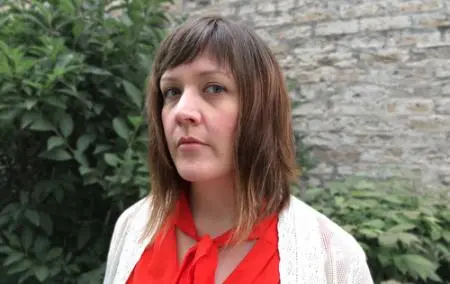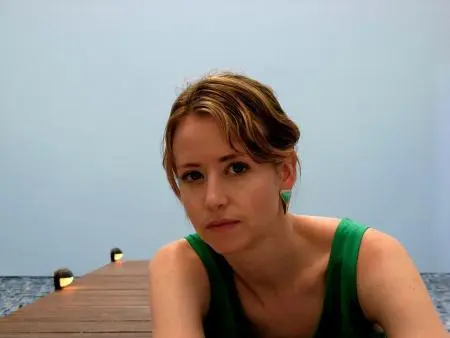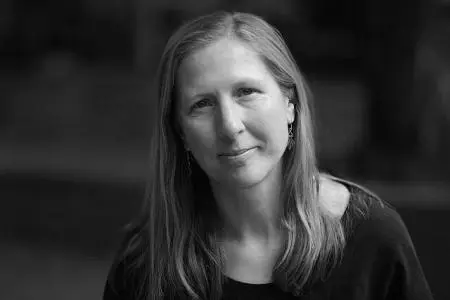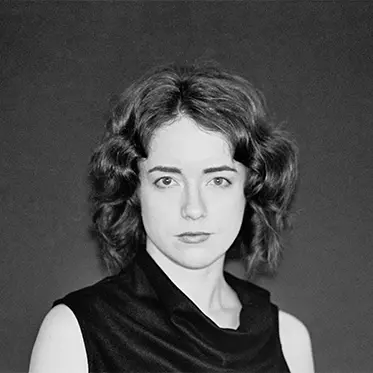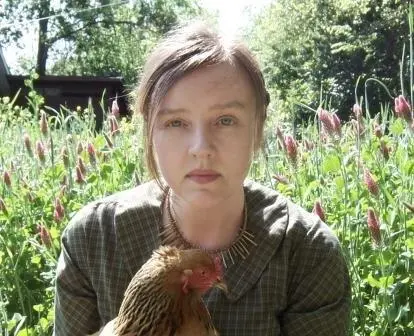So I’m going to totally sound like that racist guy in your office who was forced into sensitivity training by your boss right now, but in my case, it’s actually true.
When it comes to reading, I’m colorblind.
Okay, once you’re done laughing, let me also tell you that I could give two shits about the sex of a writer, either. For me, what matters is the story itself. I’m not one of these readers who scans the New York Times Review Of Books looking for female writers or writers of color so I can rush to the bookstore, pick them up, and impress my white liberal friends with how diverse and well-read I am. I’m also not the type of reader who’s impressed by a flashy cover design either. For me, the back cover copy has to sing and the first four or five pages really has to suck me in, otherwise, it goes back on the shelf and I move on.
Here’s the other thing about me as a reader, outside of reviewing, most of the books I personally read are usually by women. And, once again, it’s not something I do intentionally, there just happens to be a shit ton of truly great female storytellers out there right now, and a massive hunk of them write exactly the type of fiction I enjoy: Dark, gritty, and character based.
Now before we get started, I’m going to preface this piece by saying that almost all of the writers featured in this article have written novels along with dozens of short stories. All of the novels are pretty good, and some are flat out great. But I’m featuring them because despite how good their novel length work is, their short work is flat out brilliant and I think just about everyone should be reading them.
Anyway, here we go.
Lindsay Hunter
Goddamn Lindsay Hunter. If there’s any one writer I could wish into having a household name, it would be Hunter. I’ve raved about her debut novel, Ugly Girls, on more than a few occasions, but what really got me hooked was her second collection of stories, Don’t Kiss Me. Like her contemporary, Amelia Gray (you’ll read more about her in just a second), Hunter typically only needs around a thousand or so words to rip your heart out and show it to you while it’s still beating. Her characters range from broken hearted, cat obsessed women, to young rural girls exploring their sexuality, to gypsies roaming the country and getting by on road kill and petty larceny. Hunter’s prose—at least in her short fiction—has a stream of consciousness style that disregards traditional grammar and focuses on story above all else. Hunter is a wholly unique storyteller, and if given enough time to hone her skills, she’s sure to make an indelible mark on literature.
Laura van den Berg
If there is an heir apparent to Phillip Roth and John Updike, I firmly believe that van den Berg is the woman to fill their enormous literary shoes. But, you know, without the truckloads of misogyny that plagued their early careers. Van den Berg writes about characters who essentially feel alien to whatever surroundings or situations they happen to find themselves living in. Whether it’s a sister trying to raise her weird little brother after their parents have been killed in a car accident, or a shop girl sleeping with her boss with the vague hope of traveling with him on a business trip to the Caribbean. Her style is crisp, without allusion, and utterly captivating. Make sure to check out her collections What The World Will Look Like When All The Water Leaves Us and The Isle Of Youth.
Bonnie Jo Campbell
I know, I know, I’ve featured Bonnie Jo Campbell in more than a few columns over the years, but there’s a reason for it, folks, because this woman is the very definition of the great American writer. Her stories are heartbreaking and so full of powerful imagery that I’ve been brought to tears on more than a few occasions while reading her. Her collections Women & Other Animals, the classic, National Book Award nominated American Salvage, and the forthcoming Mothers, Tell Your Daughters should be required reading for anyone who wants to perfect the art of the short story. So if you haven’t yet, do yourself a favor and pick up a copy of American Salvage, or better yet, pre-order Mothers, Tell Your Daughters, and prepare to be bowled over.
Amelia Gray
I’m not going to mince words: Amelia Gray is a fucking genius. Both of her short story collections, AM/PM and the absolutely stellar Gutshot (by the way, folks, this collection will be making my top five reads of 2015), are trippy, visceral, and written with such power that they leave you breathless. What’s even more stunning about Gray’s style is she can usually knock you flat on your ass in less than a thousand words. Don’t believe me? Here’s just a taste from Gray’s story, "These Are The Fables”:
'Here's the thing though,' he said. 'Your folks are dead. And I have a warrant out for my arrest. And you're forty years old. And I am addicted to getting tattoos. And our air conditioner's broke. And you are drunk every day. And all I ever want to do is fight and go swimming. And I am addicted to keno. And you are just covered in hair. And I've never done a load of laundry in my life. And you are still technically married to my dealer. And I refuse to eat vegetables. And you can't sleep unless you're sleeping on the floor. And I am addicted to heroin. And honest to God, you got big tits but you make a shitty muse. And we are in Beaumont.’
Yeah, that’s just about my favorite paragraph from 2015. Read this woman, people!
Julia Elliot
The very first book I read in 2015 was Julia Elliot’s stunning debut of stories, The Wilds, and from beginning-to-end it absolutely captivated me with its range and the utter beauty of its language. The bulk of the stories in The Wilds—okay, all of them—can best be describe as weird and range in genres from science fiction (the exceptional “LIMBs”) to domestic drama (the extremely funny “Feral”) to the sweetly romantic (Once again, “LIMBs and the title story “The Wilds”) to flat out satire (the hilarious “Jaws”). Now typically I don’t throw out words like “perfect” all that often, but The Wilds is pretty much a perfect debut collection, and one that I encourage every reader to search out and buy.
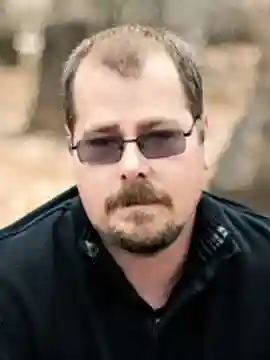
About the author
Keith Rawson is a little-known pulp writer whose short fiction, poetry, essays, reviews, and interviews have been widely published both online and in print. He is the author of the short story collection The Chaos We Know (SnubNose Press)and Co-Editor of the anthology Crime Factory: The First Shift. He lives in Southern Arizona with his wife and daughter.
